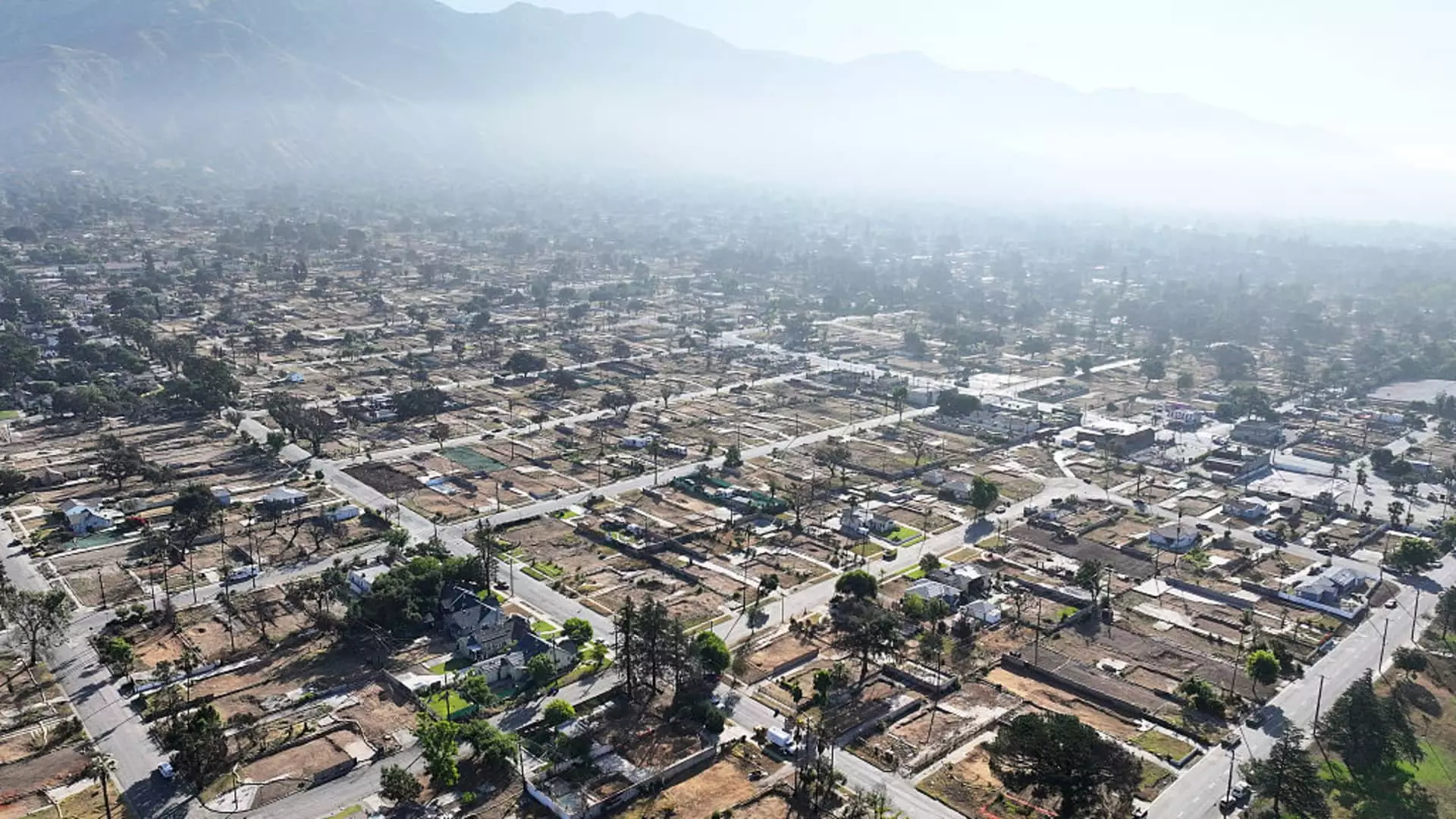In the wake of California’s recent natural disasters, particularly the catastrophic wildfires that left thousands of residents devastated, a troubling pattern has emerged: homeowners are often left in limbo when it comes to receiving insurance payouts. Despite facing immense hardship, many homeowners find their funds frozen in escrow accounts managed by lenders, with minimal transparency or accountability. The core issue reveals a systemic imbalance—lenders benefit from the interest accrued on these funds while homeowners are left waiting for the resources they desperately need. This situation underscores a broader failure of the financial system to prioritize individual wellbeing over institutional profits, especially when vulnerable populations are involved.
The Legislative Response: A Step Toward Justice but Not Enough
California’s recent legislative move to ensure that homeowners receive at least 2% interest on insurance payouts in escrow is a noteworthy attempt at rectifying this imbalance. By mandating that interest earned during the lengthy rebuild process benefits the homeowner, the bill challenges the entrenched practice where banks and mortgage companies amass interest at the expense of those genuinely impacted by disaster. While this measure is a positive development, it also exposes a deeper issue: the necessity of government intervention to correct corporate greed.
The legislation’s simplicity—to guarantee interest accrual—hints at its pragmatic approach to a complex problem. Yet, one must question whether limiting interest to this minimum threshold truly addresses the unfairness or merely mitigates it. As long as financial institutions can hold funds without meaningful accountability, homeowners will remain vulnerable, especially during their most desperate times.
The Broader Implications for Fairness and Economic Justice
This legislative development raises uncomfortable questions about the fairness of our financial system. It highlights how institutions, by design, often prioritize profits over fairness—sometimes at the expense of the very individuals they are supposed to serve. Mortgage lenders, which should act as facilitators of homeownership security, are sometimes instead acting as gatekeepers, delaying payments and benefiting from the misfortune of others.
This pattern reveals a need for a more compassionate approach in financial regulation—one that recognizes homeowners as more than just credit risks or revenue sources. Policies must challenge the normative assumption that banks and lenders should automatically profit from crises and instead emphasize fairness, transparency, and support for everyday Americans. The bill provides a glimpse into what that could look like, but it is only a partial fix in a system that often fails to put people first.
Why Our Priorities Should Shift Toward People, Not Profits
Fundamentally, what this debate exposes is a moral failing rooted in the prioritization of corporate interests over community resilience. While lenders might argue that holding onto funds during rebuild phases is necessary for administrative reasons, this logic becomes problematic when it leads to significant delays and financial losses for homeowners trying to recover from tragedy.
A truly just system would see mortgage servicers act with transparency and accountability, ensuring that homeowners don’t have to fight for what’s theirs. The involvement of government legislation signals a recognition that private entities alone cannot be trusted to behave ethically when profits are at stake. It also raises the question of whether more comprehensive reforms are needed, such as outright caps on interest accumulation by lenders or mandatory escrow fee disclosures.
Ultimately, the real change lies in shifting societal values—placing human dignity and community well-being at the forefront of our policies. Protecting homeowners from abuse and unfair practices during their most vulnerable times should be the norm, not an exception made through legislation. If there is a silver lining in this situation, it’s that awareness is growing and that policies like this are a step toward holding financial institutions accountable for their role in community recovery and resilience.
While not perfect, this legislative effort underscores an essential truth: supporting homeowners during disasters is not just good politics—it’s about restoring a sense of fairness and decency in our economic system. As we evaluate these reforms, the challenge remains to push for a future where the financial system works for everyone, not just those with the deepest pockets.


Leave a Reply